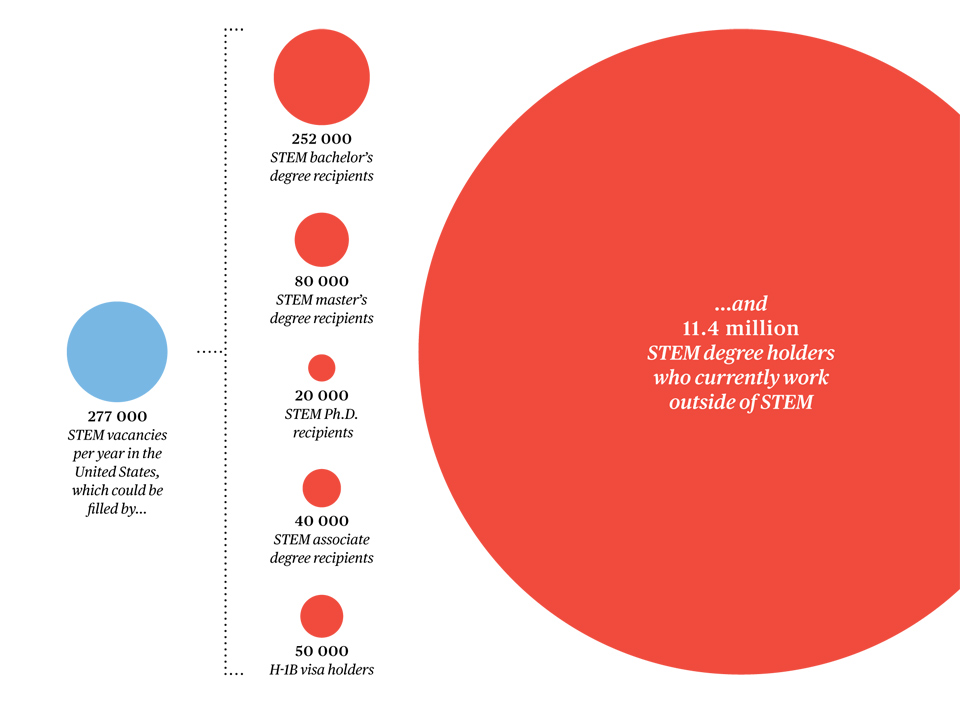Job Titles of the Future #10 - Robot Counselor
There is a very cool and interesting list of some potential 'Job Titles of the Future' over at The Canadian Scholarship Trust site that you should definitely take a few minutes and check out. They took a time horizon looking out to 2030, (which seems like a really long time from now but is only about 15 years), and came up with some fascinating titles like Nostalgist, Rewilder, and Garbage Designer among others.
But the one (naturally), that caught my eye and I wanted to highlight here was Robot Counselor. What, exactly, is a Robot Counselor? Will flash forward to 2030 - a time when robots are in more and more homes, performing assorted domestic tasks, including helping to care for elderly, sick, or even acting as children's caregivers.
By the year 2030, having a full-time robot domestic assistant will be pretty common, and it will be important for people and families to choose the 'right' robot for their needs and personalities. That is where the Robot Counselor comes in. The Robot Counselor will firstly be a knowledgable resource and purchase advisor to help families pick the right robot. The counselor will observe how family dynamics and relationships work to help identify their needs and lifestyle so that they can make the best decision about the type of robot would suit their specific needs. Finally, if the robot isn’t fitting in in the home, or if family conflicts arise due to the new house robot, the robot counselor can then recommend alternate options and provide ongoing service and support to the family.
What skills or backgrounds would the Robot Counselor need?
Certainly a deep understanding of currently available and future trends in robot technology, particularly robots being designed for and deployed in domestic settings. The Robot Counselor will also need some psychology and sociology knowledge to better assess and interpret the signs and signals from a family's relationships with each other (and their robots). Finally, the Robot Counselor will have to be able to think quickly, make recommendations about technology, and be comfortable serving as a kind of trusted family advisor.
It kind of sounds like a cool job, and as such, Robot Counselor officially joins the list of SFB-approved Job Titles of the Future.

 Steve
Steve


